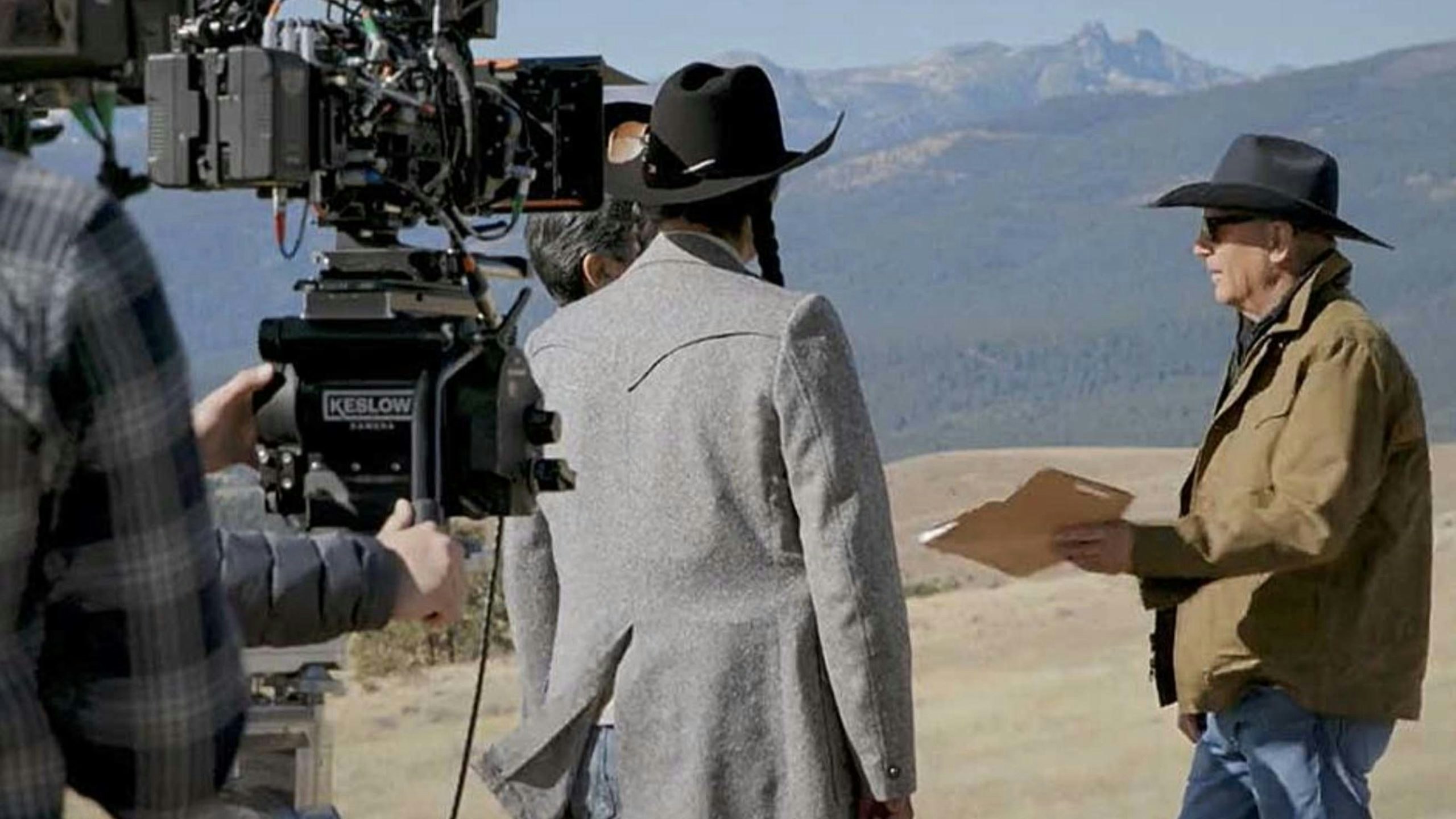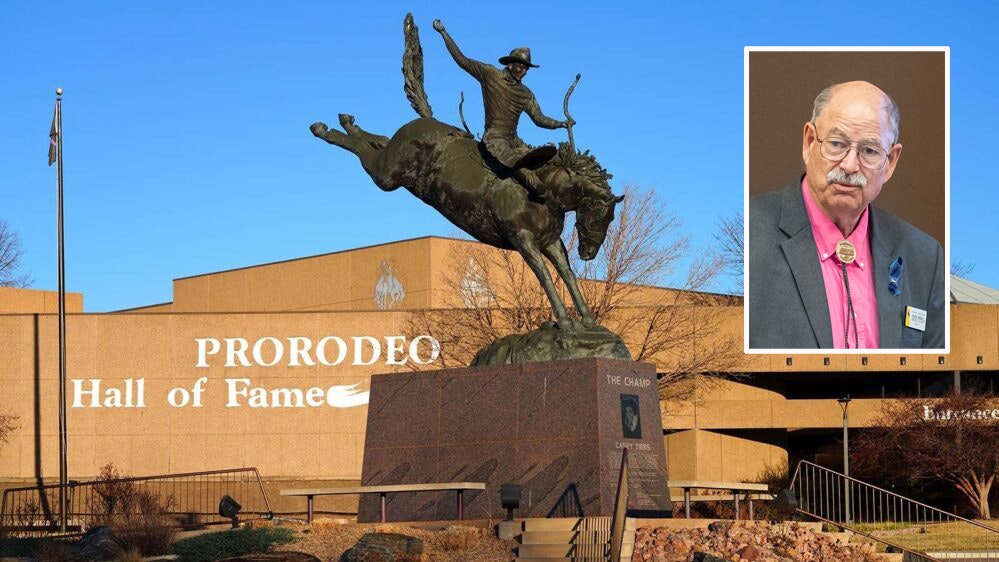A legislative committee will once again study the idea of providing incentives for companies that film movies and television shows in Wyoming, its members decided earlier this week.
On Tuesday, the Travel, Recreation, Wildlife and Cultural Resources committee asked the Legislative Service Office to draft legislation that would provide rebates of up to 30% of spending by film production companies in Wyoming.
The bill is based on one that was considered and rejected by the Legislature during its budget session earlier this year.
The committee’s decision to study the bill came on the heels of a presentation by Charles Lammers, creative assets manager for the state Office of Tourism and a member of the state’s Film Incentives Task Force.
Lammers said Wyoming lost out to Montana to host shooting of the hit TV series “Yellowstone,” and other major productions such as “Joe Pickett” and “1883” because it lacks an incentive program.
“Wyoming needs a film incentive to even being to attract major productions,” Lammers said. “Many of these shows are popping up with Wyoming storylines, Wyoming scenery, and despite that they’re not being filmed in Wyoming.”
Incentive programs in Montana have served to attract production companies, which in turn attract people like Dean Madley, who grew up in Cody and became interested in film production at a young age.
Madley continued this pursuit as a young adult, but eventually found himself moving to Montana in order to pursue his passion, as opportunities were just too few and far between in his home state.
“I would want to be a resource to production companies as someone with general knowledge of (Wyoming) and its inhabitants,” he told Cowboy State Daily.
Lammers said his department has received a large number of inquiries about film production since the start of the COVID-19 pandemic.
He said the lack of an incentive program means the state has lost out on 27,000 jobs that were created in other locations shooting Wyoming-themed productions.
Under the Wyoming Film Production Incentives program to be proposed in the legislation, to qualify for a 15% rebate on costs, a production would have to spend at least $200,000 and have 1 million views.
Additional rebates would be available for companies whose production crews would be made up of at least 60% of Wyoming residents, crews made up of at least 10% Wyoming veterans or that could prove the production had at least 7.5 million views.
Rebates of up to 10% would also be available for smaller productions, such as commercials, documentaries and music videos, where production companies spend at least $50,000 and hire Wyoming workers to make up 60% of their crews.
A total of $3 million would be dedicated to start this program.
Lammers said Wyoming is the only state in the Rocky Mountain region without a film incentive program at this point, aside from South Dakota. He said non-traditional locales such as Oklahoma are starting to become a more common destination for film production companies.
Oklahoma recently launched a $20 million film incentive fund with great returns and Atlanta’s incentive program has made that city a hot spot for film production. New Mexico has also heavily invested in film opportunities, leading to production of the hit TV show “Breaking Bad” in that state.
Sen. Tim Salazar, R-Riverton, said he was hesitant about investing in an incentive program, only to run the risk of having production companies object to Wyoming legislation on social issues.
Over the last few years, companies have pulled out from projects taking place in Florida, Georgia and Texas because of legislation enacted in those states.
“Can you talk to me about state dollars being invested to start this, only to have a different outcome of a different political philosophy that would turn on the taxpayer’s money and then not shoot anything in Wyoming?” he questioned.
Lammers said it would be unwise to speculate on what is happening in other states and said production companies will always make their decisions based primarily on what makes most fiscal sense.
Rep. Christopher Knapp, R-Gillette, said film production would not create new job as much as it would provide a boost for existing jobs.
He also questioned Lammers about the need for the program when Wyoming-themed productions already promote the state to potential tourists.
Rep. Pat Sweeney (R-Casper) disagreed and said when the 1997 movie “Starship Troopers” was filmed in Natrona County, it was a major boon for the community.
“It’s not just service jobs we’re talking about here,” Sweeney said.
Lammers said it would be best for Wyoming to go “all in” when it comes to recruiting film opportunities because it will help keep residents in-state.
Madley, in his interview with Cowboy State Daily, agreed.
“The tax incentive in Montana is a big reason my friends and I are still there and working in the state,” Madley said.
The committee will consider this topic again at its next meeting in August.





